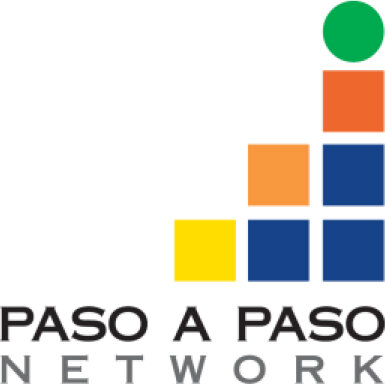Current Working Committees focus on
Growing and strengthening the Network
Centering equity in the Network
Elevating early childhood education and services as a valued profession and career path in Taos County
Increasing access to and availability of early childhood and family services in Taos County
Given the changing nature and needs of the early childhood community, these workgroups have any number of smaller project groups going on at any one time - come check out how you can help!
